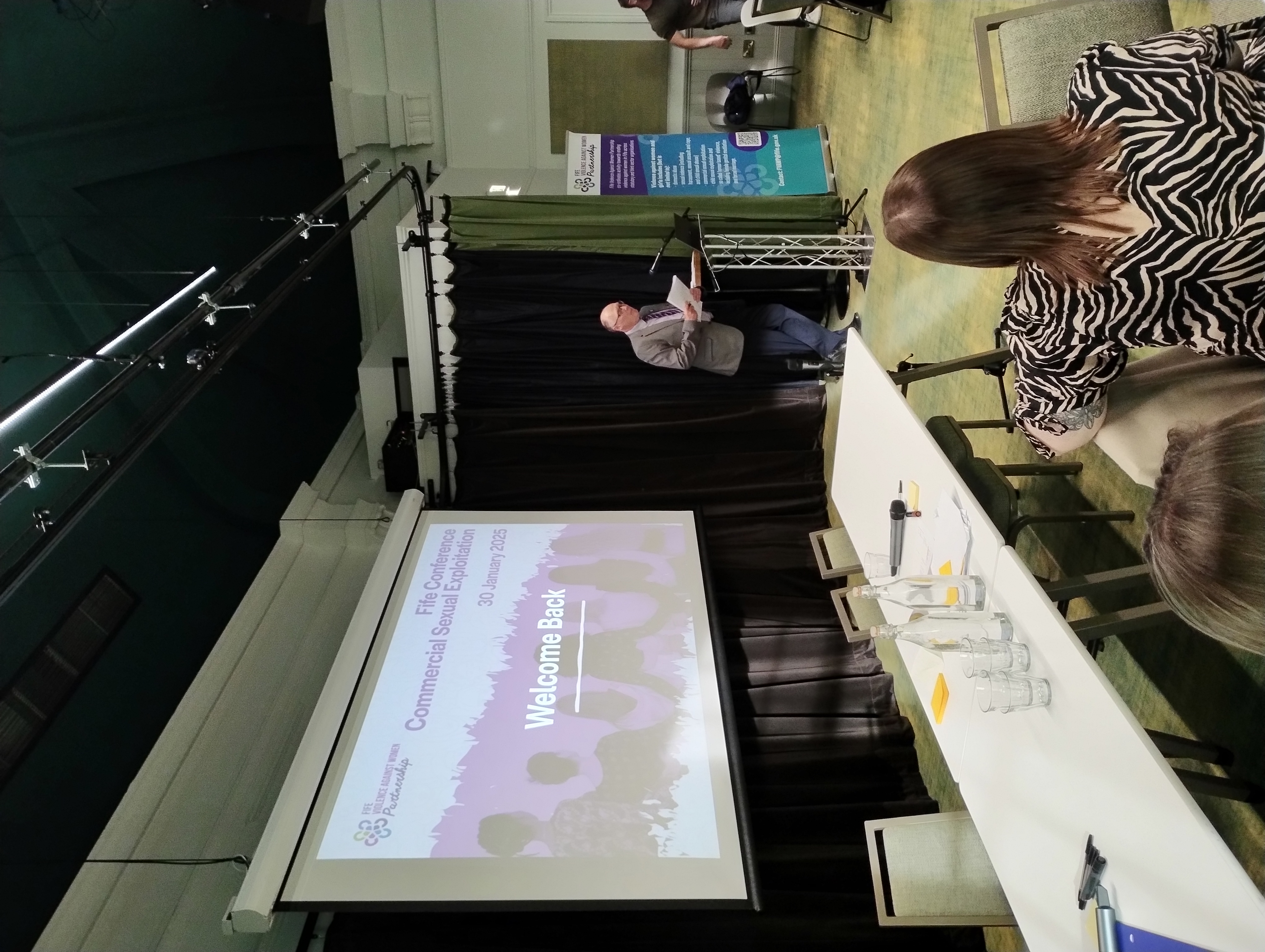Some cookies used are essential to providing a service, while others help us improve your experience and provide us with insights into how the site is being used.
For more detailed information about the cookies we use, see our Cookies page.
Necessary cookies enable core functionality such as security, network management, and accessibility. You may disable these by changing your browser settings, but this may affect how the website functions.
We'd like to set Google Analytics cookies to help us to improve our website by collecting and reporting information on how you use it. The cookies collect information in a way that does not directly identify anyone. For more information on how these cookies work, please see our 'Cookies page'.
We'd like to allow Social Media cookies to provide a richer experience. These cookies will allow us the ability to list Fife Council tweets and Facebook posts, Google maps, audio clips & Videos on some of our pages. Our videos use Youtube's privacy-enhanced mode.
These cookies allow us to show relevant adverts to the content you are viewing. They also provide the ability to deliver targeted online advertising across other platforms like Facebook, Google, Instagram and the Quantcast network.
On 30 January 2025, the Fife Violence Against Women Partnership (FVAWP), in collaboration with the Women’s Support Project and a range of local partners, hosted a conference in Fife focused on Commercial Sexual Exploitation (CSE).
The event brought together 62 practitioners from across housing, social work, health, police, and the third sector, to deepen understanding of CSE and improve responses to those affected.
The conference explored the scale and impact of CSE, the local context, and the links to violence against women and girls. It also looked at how services can better support women who sell or exchange sex, including recognising vulnerabilities, understanding barriers to support, and responding to disclosures with care and confidence.
Participants heard from national and local voices, including the Women’s Support Project, FRASAC (Fife Rape and Sexual Assault Centre), Police Scotland, and Fife Council services. A pop-up version of the ‘Inside Outside’ exhibition was also on display, sharing powerful images and stories from women with lived experience of the sex industry in Scotland.
The event clearly contributed to the Plan for Fife ambitions, particularly in tackling preventable harm and supporting safer communities. Before the conference, attendees rated their understanding of CSE at 2.6 out of 5. Afterward, this rose to 4.0. Confidence in handling disclosures also increased from 2.5 to 4.0. All attendees reported that the conference improved their understanding, highlighted good practice, and increased their knowledge of available support.
Feedback showed that many practitioners were already applying what they learned, whether by raising awareness in their teams, adapting their approach with clients, or challenging their organisations to do more.
This work continues through FVAWP’s action plan, with a series of follow-up training sessions running into 2026, ensuring that learning is embedded and momentum is maintained.
